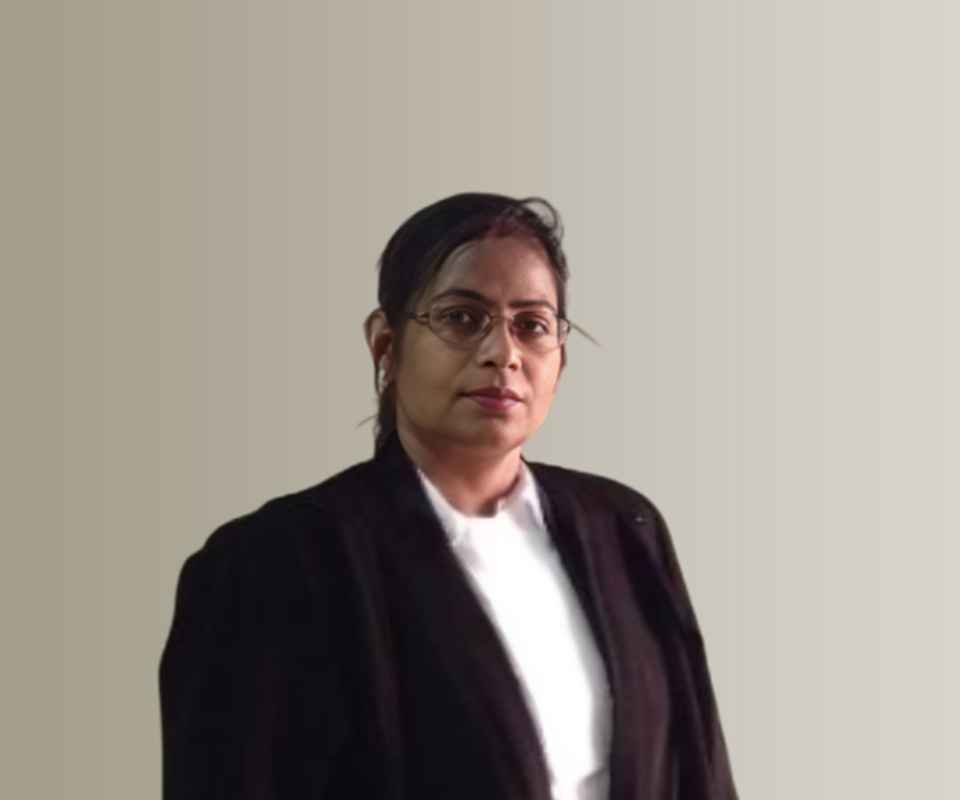Answer By law4u team
Elder issues, including elder abuse, neglect, and financial exploitation, pose significant challenges to societies across the world. In India, where the population of senior citizens is steadily increasing, both civil society organizations (CSOs) and legal institutions play essential roles in safeguarding the rights and welfare of older adults. These sectors work in tandem to address gaps in the protection of elderly individuals, promote public awareness, and ensure effective implementation of existing laws and policies.
Collaboration Between Civil Society and Legal Institutions
Advocacy and Awareness Raising
Civil society organizations are often at the forefront of advocacy efforts, raising awareness about elder abuse and the rights of senior citizens. They conduct public awareness campaigns, organize workshops, and engage in community outreach to educate the public about elder protection laws like the Maintenance and Welfare of Parents and Senior Citizens Act, 2007.
Legal institutions support these efforts by providing legal expertise and facilitating access to the legal system for seniors who face abuse or neglect.
Collaboration Example: NGOs focused on elder care may partner with legal aid organizations to offer free legal counseling and representation to elderly victims of abuse, ensuring that they can seek justice without financial barriers.
Legal Aid and Support for Senior Citizens
Civil society organizations often provide legal aid services to seniors who cannot afford the costs of hiring a lawyer. They work alongside legal institutions, such as public defenders or legal aid cells, to ensure that vulnerable seniors have access to justice.
Example: In cases of elder abuse or financial exploitation, an NGO may assist a senior in filing complaints and preparing documentation, while a lawyer or legal aid cell helps in drafting legal petitions or representing the elder in court hearings.
Legal Institutions' Role: Courts and tribunals, like the Maintenance Tribunals, may rely on inputs from civil society organizations to help gather evidence, raise concerns, or propose solutions during legal proceedings.
Strengthening Laws and Policies for Elder Protection
Civil society groups play a key role in advocating for stronger laws or policy reforms for senior citizens. They engage in lobbying efforts and collaborate with lawmakers to ensure that laws related to elder abuse are comprehensive, practical, and enforceable.
Legal institutions, on the other hand, provide insights into the gaps in existing laws and help improve the judicial process for elderly victims.
Collaboration Example: Civil society groups working with legal experts can propose legislative amendments to make the existing Maintenance of Parents and Senior Citizens Act more effective in protecting seniors from abuse.
Training and Capacity Building
Legal institutions (e.g., judges, police officers, lawyers) often need specialized training in handling elder abuse cases. Civil society organizations offer training programs and workshops to build capacity in legal professionals and law enforcement officers to handle the unique challenges of elder abuse.
Example: An NGO focused on elder rights might organize a workshop for police officers to help them understand how to recognize signs of elder abuse and provide appropriate interventions, collaborating with judges to ensure the legal framework supports such cases.
Monitoring and Reporting Elder Abuse
Civil society organizations often run helplines or support centers that allow senior citizens to report incidents of abuse or neglect. These organizations work closely with law enforcement and judicial authorities to ensure that complaints are taken seriously and addressed promptly.
Legal institutions use the data provided by civil society groups to investigate cases of abuse, issue maintenance orders, or take enforcement actions against abusers.
Example: When an elderly individual reports financial abuse by a family member, an NGO might assist in filing a police complaint and supporting the investigation. In parallel, legal institutions (such as courts) may issue orders for maintenance or ensure the perpetrator is held accountable.
Supporting Alternative Care Options for Elderly Victims
Many elderly victims of abuse need alternative care or accommodation. Civil society groups may run elderly care homes or rehabilitation centers that provide temporary or long-term care to abused seniors. They work with legal institutions to ensure that elderly residents are protected under the law and have their legal rights respected.
Legal institutions ensure that care homes and facilities meet legal standards for the safety and welfare of elderly residents.
Example: An elder abuse survivor, once removed from an abusive household, may be placed in an NGO-run care home that collaborates with local authorities to ensure the survivor’s legal rights are protected, and the abuser is held accountable.
Research and Policy Development
Civil society organizations often conduct research on the status of elderly welfare and elder abuse in society, identifying trends, challenges, and gaps in the legal system. This research is valuable for both legal institutions and policy makers.
Legal institutions use this data to shape future policy decisions and legal reforms.
Example: Research conducted by an NGO on the rise of elder abuse in rural areas may lead to government intervention and a policy review that considers providing additional legal protections or welfare schemes for seniors.
Key Challenges in Collaboration
Lack of Resources:
Many civil society organizations struggle with limited resources, which can hinder their ability to provide legal aid, conduct awareness campaigns, or support elderly victims of abuse effectively. Legal institutions also face challenges in terms of overburdened court systems, slow processes, and limited funds for elder care.
Awareness Gaps:
While NGOs often educate the public and professionals, many legal institutions still lack sufficient training and awareness about the complexities of elder abuse. A lack of understanding of elder issues can affect the judicial process and hinder fair justice for senior citizens.
Coordination:
Although there is substantial cooperation between civil society organizations and legal institutions, sometimes there is a lack of coordinated efforts in terms of data sharing, resource allocation, and policy advocacy. A more streamlined collaboration could improve the overall impact of both sectors.
Example
Scenario:
An elderly woman, Mrs. Sharma, living in a rural area, faces financial exploitation by her son. She reaches out to a local NGO that specializes in elder rights. The NGO helps Mrs. Sharma file a complaint with the police and also offers legal assistance to file a maintenance claim under the Maintenance and Welfare of Parents and Senior Citizens Act.
Steps Taken:
- The NGO files the police complaint and helps Mrs. Sharma navigate the legal system.
- They work alongside legal aid organizations to ensure she receives legal representation in court.
- The court issues a maintenance order against the son and directs him to pay Mrs. Sharma a monthly amount.
- The NGO continues to monitor the case, ensuring the court’s decision is implemented.
Conclusion:
The collaboration between civil society organizations and legal institutions is vital in addressing the complex challenges faced by elderly individuals. Through advocacy, legal aid, policy reform, and support services, these sectors work together to protect seniors, raise awareness, and ensure that elder abuse is combated effectively. Strengthening this collaboration can lead to a more supportive, just, and protective environment for senior citizens, empowering them to live with dignity and respect.







